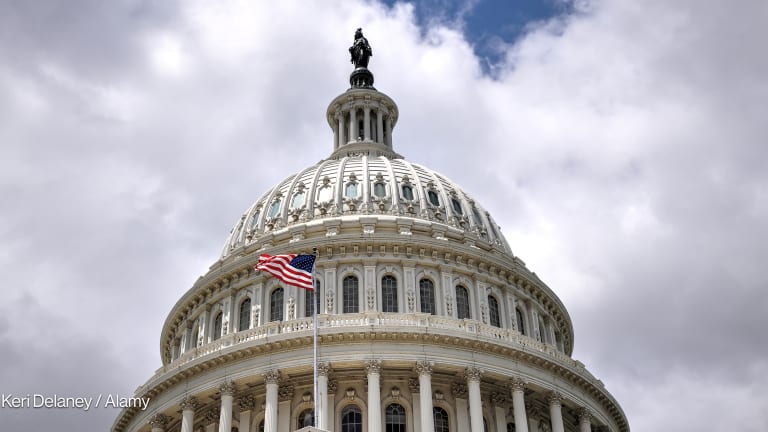
A sneak peek of the reform proposal being drafted by House Foreign Affairs Committee Chairman Howard Berman (D-Calif.) and his staff provides an expanded definition of U.S. foreign assistance and gives more authority to the U.S. Agency for International Development.
The bill, dubbed the Global Partnerships Act of 2010, is intended to replace the Foreign Assistance Act of 1961.
Berman circulated the draft, which covers the first 55 pages of the bill, to different U.S. federal agencies and the U.S. development community to solicit comments and feedback. The State Department, which is among the agencies that received the draft, has been said to be unhappy with it.
A possible reason is that Berman’s circulated draft proposal gives more authority to the USAID administrator, without mentioning much about the role of the Secretary of State, Al Kamen of The Washington Post has suggested as reported by Devex.
Putting USAID in Charge
Berman’s proposal essentially names the USAID administrator as point person for U.S. foreign aid matters. He or she will be guided by the secretary of state.
“Except as otherwise provided in this title, the Administrator of the United States Agency for International Development, acting under the foreign policy guidance of the Secretary of State, shall have primary responsibility for administering this title (Reducing Global Poverty and Alleviating Human Suffering) and for coordinating United States international policies and programs for reducing poverty and alleviating human suffering,” the discussion draft says.
Berman also proposed that the USAID administrator be designated vice-chairperson, at the very least, of an 18-member committee that the president will create to coordinate U.S. budgets, programs and policies affecting international development. In addition to the USAID administrator, senior representatives from U.S. federal agencies that are relevant to international development will compose the so-called Development Policy Committee.
The reform proposal likewise gives the USAID administrator authority of international development budgetary concerns as well as resources for more effective evaluation of programs.
Expanding the Definition of Aid
Berman’s bill broadens the definition of U.S. development aid to include all U.S. policies that have “an impact on development,” including foreign assistance, debt relief, trade, agriculture, migration and remittances, environment protection, technology transfer and arm sales.
As outlined in the draft, the conduct of U.S. foreign assistance would be guided by the following goals:
- Reducing global poverty and alleviating human suffering.
- Advancing peace and mitigating crises.
- Supporting human rights and democracy.
- Building and reinforcing strategic partnerships.
- Combating transnational threats.
- Sustaining the global environment.
- Expanding prosperity through trade and investment.
Promoting country ownership
The draft instructs that U.S. foreign assistance build local capacity and be aligned with national priorities of recipient countries. It puts forward the concept of “development support funds” to accomplish this.
“Assistance should be demand-driven and designed to support country ownership by respecting the development goals chosen through an open and inclusive process by each country receiving assistance,” the bill says.
It further mandates that the U.S. government help broaden country-level dialogue by increasing the capacity of development stakeholders to participate in the selection of their countries’ development goals.
The U.S. should also use the recipient country’s own systems for delivering assistance and, whenever feasible, procure necessary services and goods in the recipient country, the bill states.








